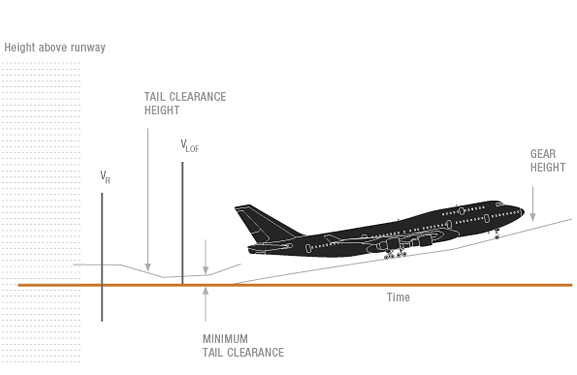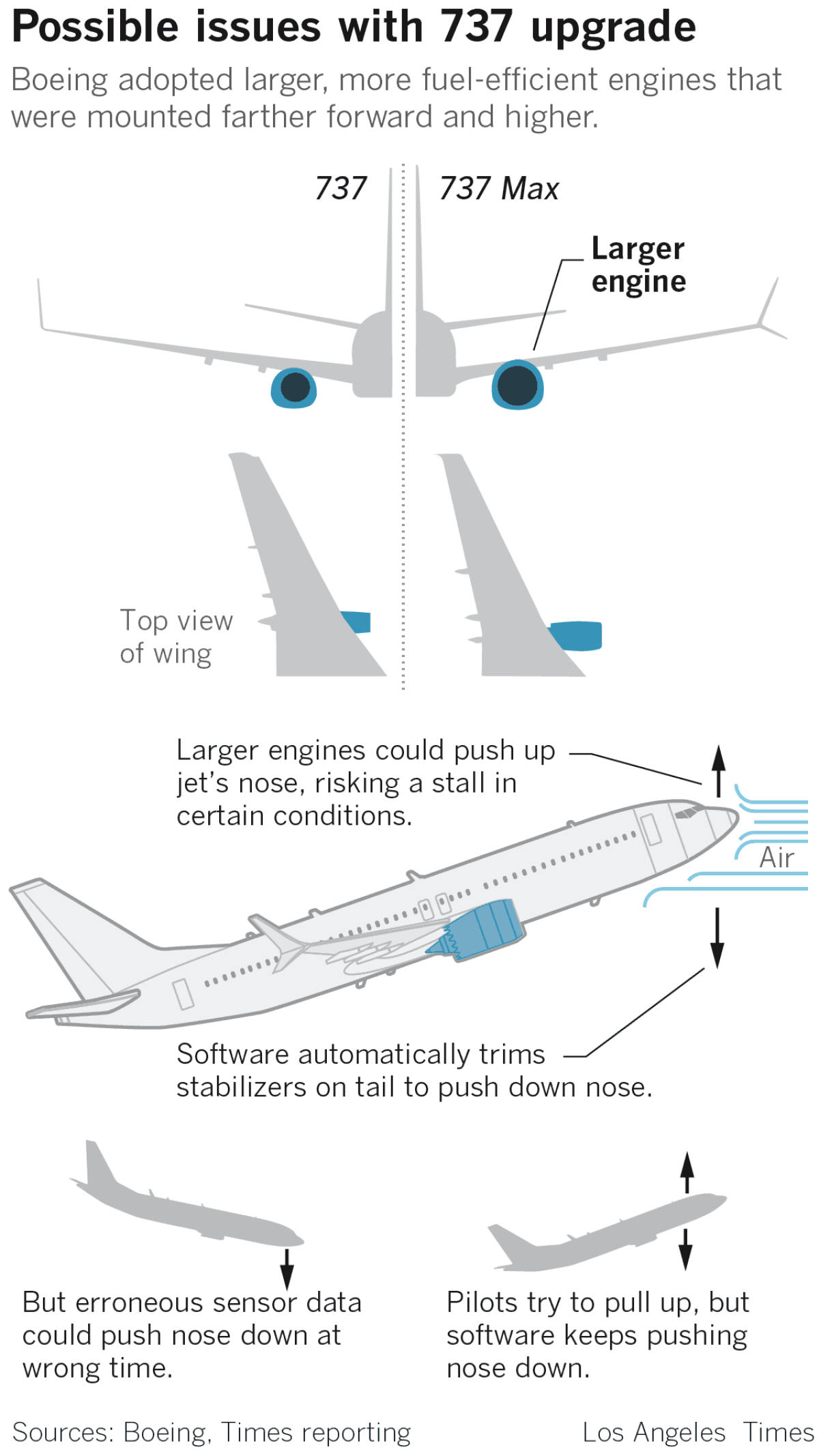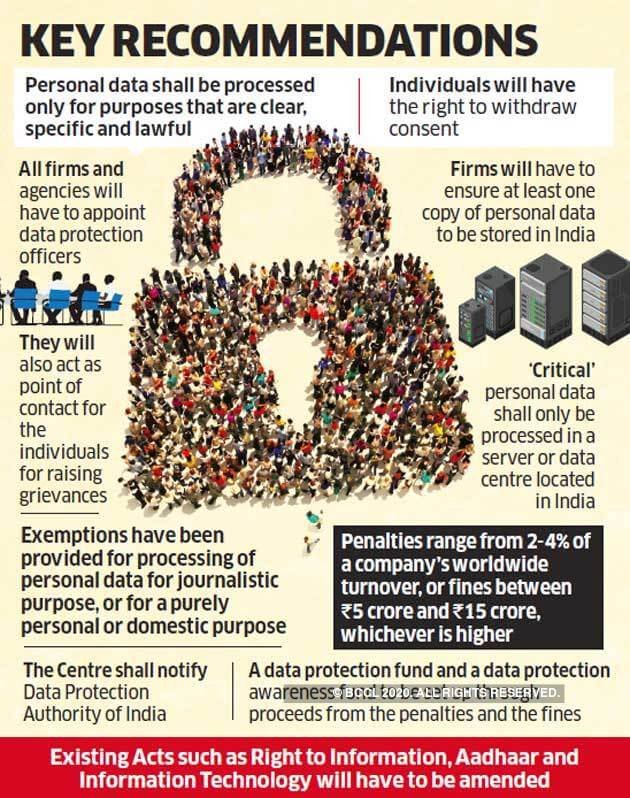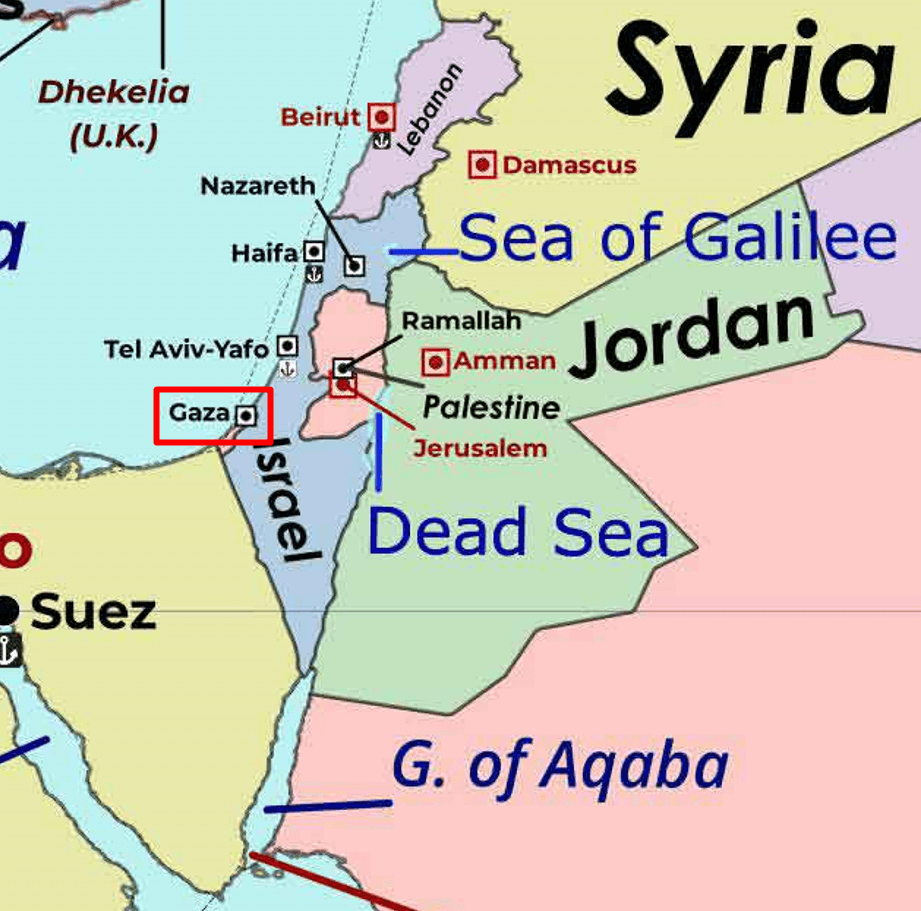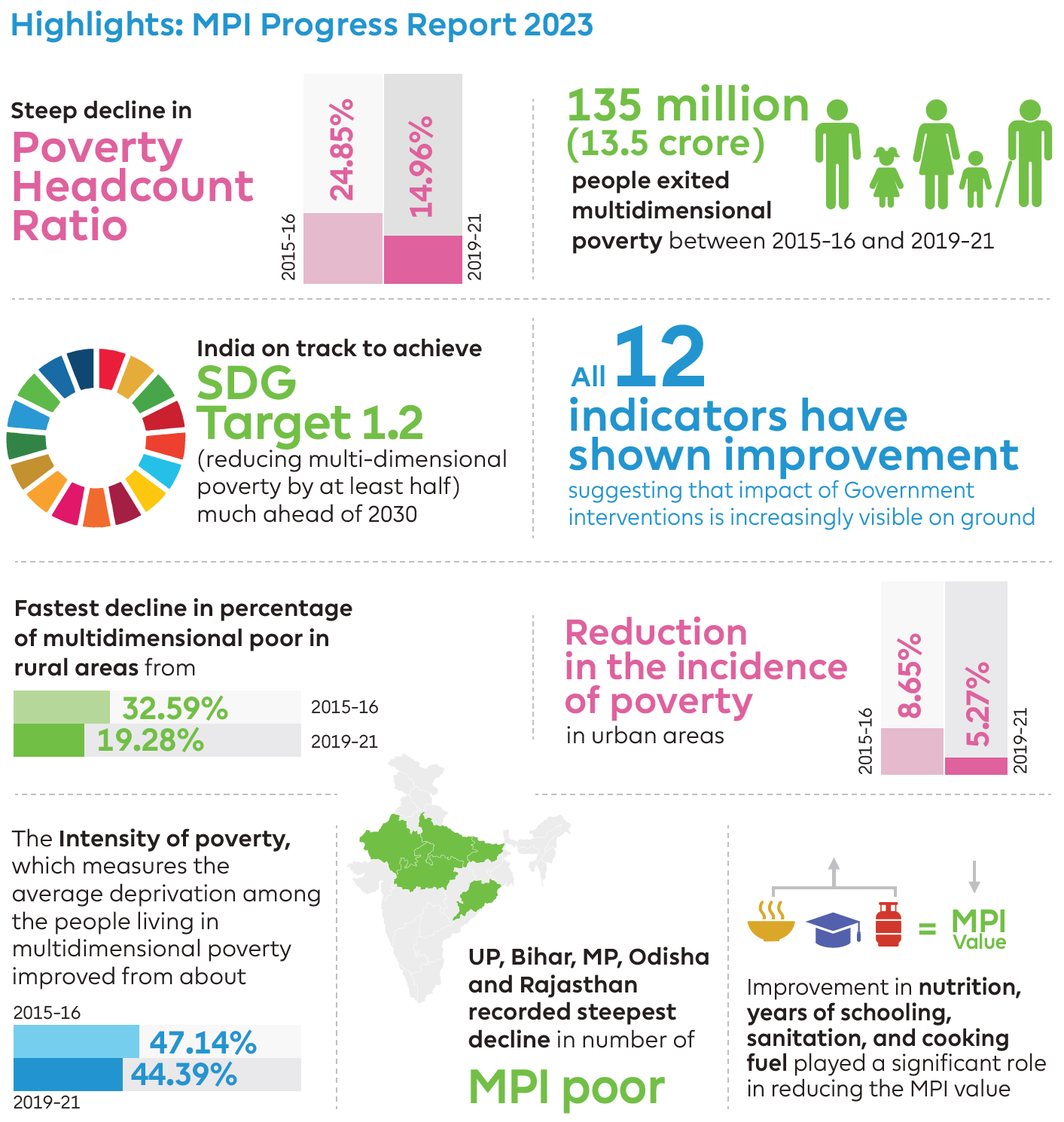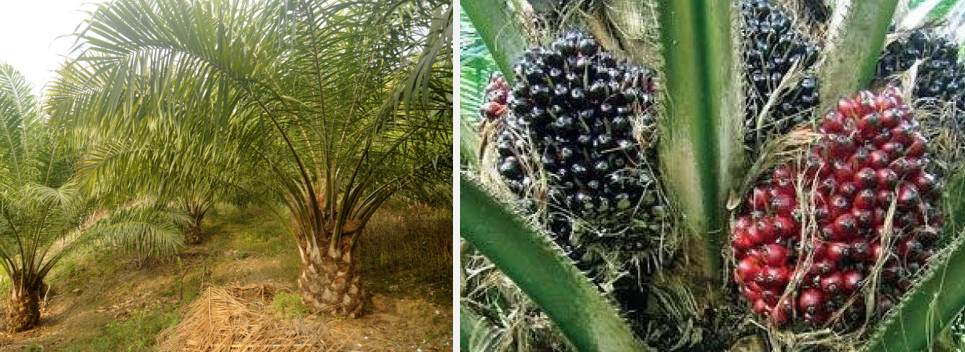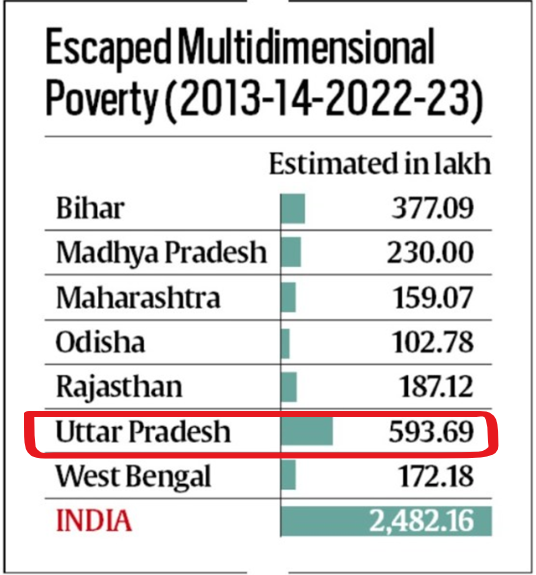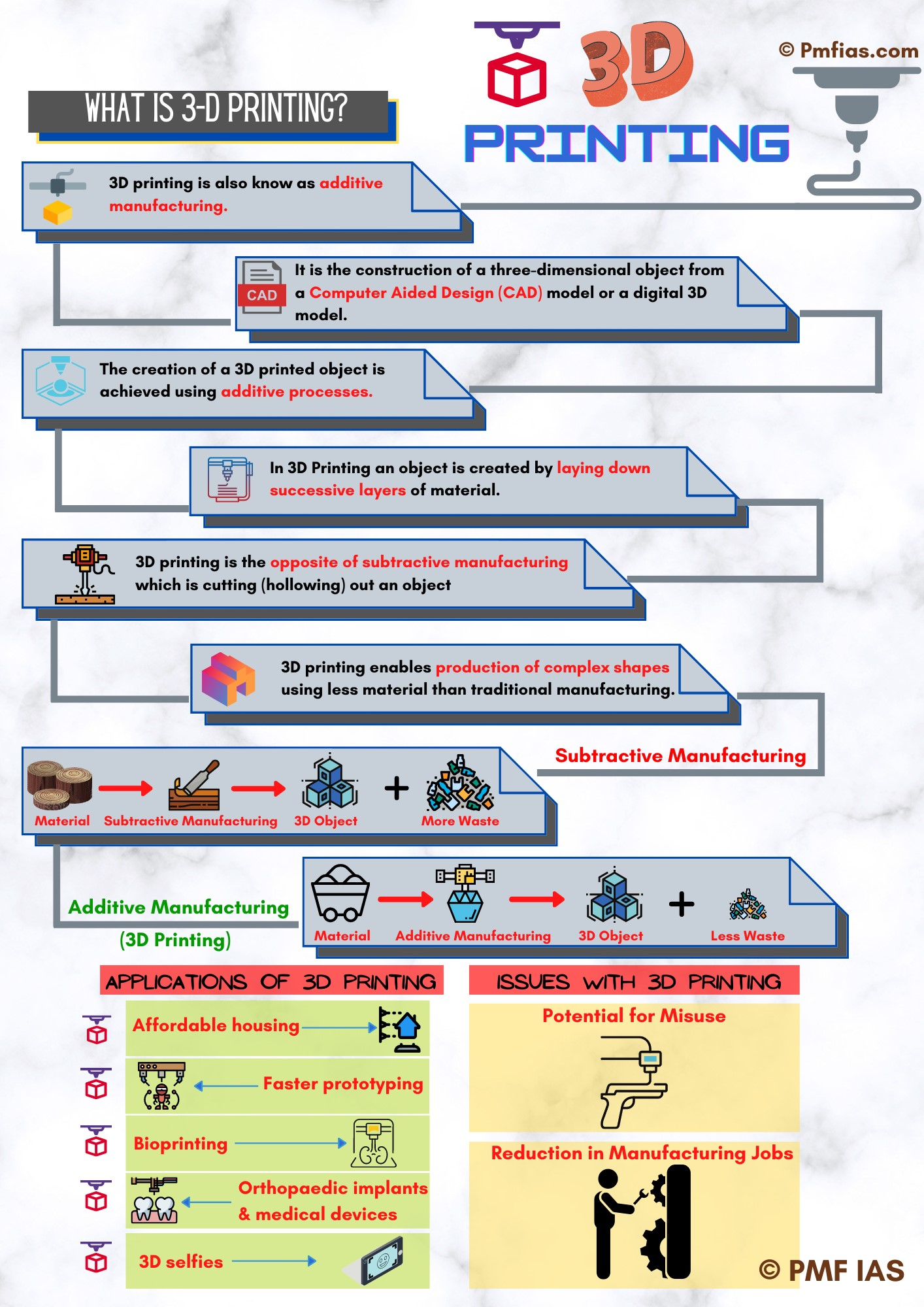
Current Affairs August 04, 2023: Typhoon Doksuri, Digital Personal Data Protection Bill, 2023, Biological Diversity (Amendment) Bill 2021, 49th Parallel, Iberian Peninsula
Subscribers of "Current Affairs" course can Download Daily Current Affairs in PDF/DOC
Subscribe to Never Miss an Important Update! Assured Discounts on New Products!
Must Join PMF IAS Telegram Channel & PMF IAS History Telegram Channel
{GS1 – Geo – PG – Climatology – 2023/08/04} Typhoon Doksuri
- Context (DTE): Thousands of people evacuated from Beijing because of Typhoon Doksuri.
- Tropical Cyclones are known by different names in different regions.
| Name | Region |
|
Hurricanes |
Atlantic and Eastern Pacific |
|
Typhoons |
North Pacific, Southeast Asia and China |
|
Cyclones |
South Pacific and Indian Ocean region |
|
Willy-willies |
Australia |
Classification of Tropical Cyclones
- Tropical cyclones are classified into different types based on wind speed. They are tropical depressions, tropical storms, and hurricanes.

Tropical Cyclones > PMF IAS Physical Geography 1st Edition > Page 215-230
{GS2 – MoCA – 2023/08/04} Directorate General of Civil Aviation (DGCA)
- Context (IE): DGCA imposed fine on IndiGo airlines due to frequent tail strike incidents.
Tail Strikes
- A tail strike occurs when the tail of an aeroplane touches the ground during takeoff or landing.
- Majority of tail strikes happen during the landing of an aircraft.
Factors Contributing to Tail Strikes
- Incorrect procedures: when the pilot takes a too high pitch angle during takeoff or landing.
- Improper weight distribution: can affect the aircraft’s centre of gravity and cause tail strikes.
- Wind conditions: strong crosswinds or gusty winds can influence the aircraft’s pitch angle.
- Aircraft design and limitations: Some aircraft have specific limitations related to tail strike risk.
|
Cost Cutting
- Indigo’s tail strike incidents were attributed to flap 3 landing, which saved 6 kgs of fuel per landing.
- A flap 3 landing (soft landing) involves only three of the four flaps on the wing and produces less drag, resulting in less fuel being burned than in a flap full landing (hard landing).
- But during a flap 3 landing, the aircraft’s nose is pitched slightly higher than in flap full, while its tail is down, therefore increasing the chances of a tail strike.

Boeing’s Cutting Corners (Cost-Cutting) and 737 MAX Crashes
|
Directorate General of Civil Aviation (DGCA)
- DGCA is the regulatory body for civil aviation activities within India.
- It became a statutory body under the Aircraft (Amendment) Act, 2020.
- It operates under the Ministry of Civil Aviation (MoCA).
Functions of DGCA
- Regulation: It is responsible for the regulation of air transport services within India.
- Air Safety: It develops and enforces regulations and standards to ensure civil aviation safety.
- Certification: It issues licenses/certificates to pilots, air traffic controllers, & other aviation personnel.
- Aircraft Registration: It manages the registration/certification of civil aircraft operating in India.
- Airspace Management: It manages the Indian airspace to maintain safe and orderly air traffic flow.
- Airworthiness Certification: It conducts inspections to determine the airworthiness of an aircraft.
- Accident Investigation: It investigates civil aviation accidents and ensures necessary measures.
- Environmental Protection: It implements measures to reduce the environmental impact of aviation.
{GS2 – MoEIT – 2023/08/04} Digital Personal Data Protection Bill, 2023
- Ministry of Electronics and Information Technology (MoEIT) has drafted the Bill to provide guidance and best practice rules for organisations and the government.
- This Bill’s enactment will hold importance for India’s trade talks with various countries, particularly the EU, known for its comprehensive privacy laws called General Data Protection Rules (GDPR).
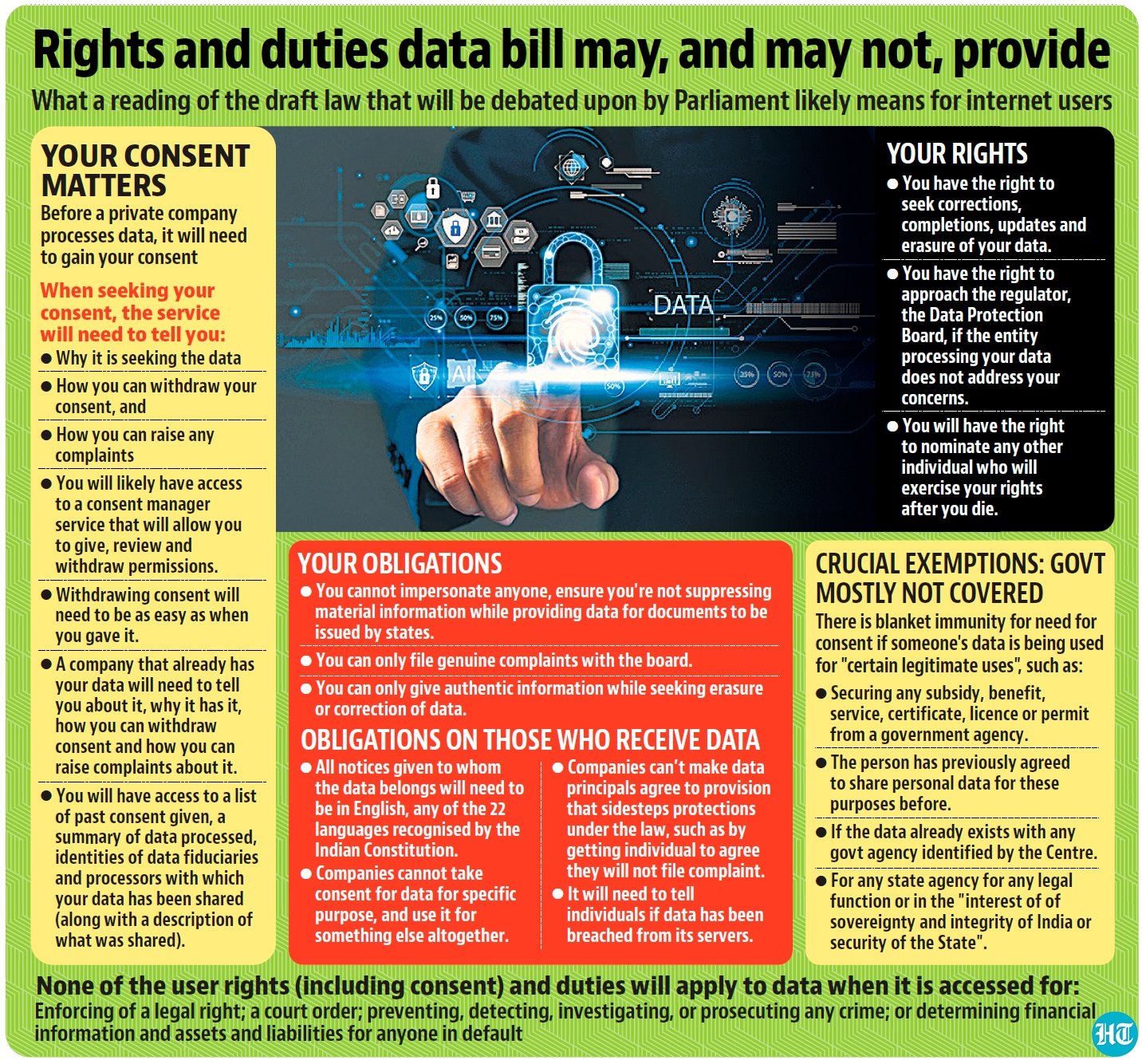
The seven principles of the DPDP Bill, 2023
- Lawful: Lawful, fair, and transparent processing of individuals’ personal data.
- Purpose dissemination: Personal data must only be collected and processed for the specific purposes for which it was collected.
- Data minimisation: Only the minimum amount of personal data necessary for the specific purpose of collection should be collected.
- Data Accuracy: Personal data must be accurate and up-to-date at the point of collection.
- Duration of storage: Personal data should not be stored for longer than is necessary for the specific purpose of collection.
- Integrity and confidentiality: Personal data must be protected against unauthorised access, use, disclosure, alteration, or destruction.
- Accountability: The entity that decides the purpose and means of processing personal data must be accountable for such processing.
Key Features of the Bill
Definitions
- Data Principal: an individual whose data is being collected.
- Data Fiduciary: an entity that collects and processes the data.
- Personal data: any data by which or in relation to which an individual can be identified.
- Processing data: the entire cycle of operations that can be carried out concerning personal data.
Individual’s Rights
Consent
- The bill makes individual consent the centrepiece of data sharing/processing.
- Individuals also have the right to withdraw their consent at any time.
- For individuals below 18 years of age, consent will be provided by the legal guardian.
Right to erase data and Right to nominate
- The bill refers to the rights of individuals to limit, delink, delete, or correct the disclosure of personal information on the internet that is misleading, embarrassing, irrelevant, etc.
- They also have the right to nominate someone else to exercise these rights in the event of their death/incapacity.
Language of information
- The bill requires that information about data collection and processing be provided in a language the individual can understand.
Localisation
Sensitive personal data
- The Bill makes it mandatory for a copy of critical personal data to be stored/processed in India.
- The critical personal data of Indians must be processed in centres located within the country.
- Sensitive personal data will include financial data, health data, sex life, sexual orientation, biometric and genetic data, caste, tribe, religious or political beliefs or affiliations of an individual.
Cross-border data transfer
- The bill allows for cross-border transfer of data to certain countries and territories.
- GoI will assess and notify countries where a data fiduciary may transfer personal data.
Significant Data Fiduciaries
- The bill makes the data fiduciary liable for harm caused to the data principal.
- It designates certain entities as Significant Data Fiduciaries. These entities must take additional measures to protect the privacy of individuals’ data.
Data protection officer & Data auditor
- Significant Data Fiduciaries must appoint a Data protection officer responsible for ensuring compliance with the bill.
- They must also appoint an independent Data auditor to assess their compliance.
Data Protection Authority
- The law will set up a Data Protection Authority (DPA), an independent regulatory body responsible for enforcing and effectively implementing the law.
Financial penalties
- The bill imposes significant penalties on businesses that violate its provisions.
- These penalties can be as high as ₹250 crore or ₹500 crore in some cases.
- The penalties paid will be deposited to a Data Protection Fund, which will, among other purposes, finance the functioning of the Data Protection Authority.
Concerns
- There is very little legislative and judicial oversight on surveillance activities, and even the bill doesn’t include any safeguards concerning surveillance activities.
Exemptions
- The state can process data without consent on grounds of public welfare, law and order and emergency. This contradicts the SC’s articulation of informed consent as central to privacy.
- Rights of the data principal and obligations of data fiduciaries (except data security) will not apply in specified cases. These include
- prevention and investigation of offences, and
- enforcement of legal rights or claims.
- The central government may, by notification, exempt certain activities from the application of the Bill. These include
- processing by government entities in the interest of the security of the state & public order,
- research, archiving, or statistical purposes.
Amendment to the Right to Information Act, 2005
- The concerns around diluting the RTI Act emanate from the fact that the Bill has a provision to amend the Act that would prohibit sharing of details linked to govt officials’ personal info.
- Currently, the exemption only applies when such information does not serve a larger public interest. However, the Bill proposes to remove the public interest caveat.
Section 43A of the Information Technology Act, 2000
- The Bill overrides Section 43A of the IT Act, 2000, which requires companies that mishandle user data to compensate users.
- The reason given for the provision by the government is that “compensation is a judicial process”.
Analysis of the DPDP Bill, 2023
|
Positives |
Criticism |
|
|
B.N Shrikrishna Report on Data Protection
Data Localization
Advantages
Disadvantages
|
|
General Data Protection Regulation (GDPR) vs Indian Bill
- GDPR is a set of rules in effect in the EU since 2018.
- They give citizens more control over their personal data.
- GDPR is not an Act. Individual member nations have enacted their own legislation based on GDPR.
- GDPR has been widely adopted by other countries and is a gold standard for data protection laws.
- Justice BN Srikrishna’s committee has referred to GDPR repeatedly.
The critical differences between GDPR and Data Protection Bill
- Unlike in GDPR, the Indian draft legislation does not require the data fiduciary to share the names and categories of other recipients of the personal data with the data principal.
- Unlike in GDPR, the data fiduciary does not need to share the source of the personal data with the data principal in case the data has not been collected from him/her.
- Unlike in GDPR, in case of a breach, there’s no requirement by the Indian draft bill to share it with the data principal.
- Unlike in GDPR, there’s no requirement that the data fiduciary share with the data principal the existence of automated decision-making, including profiling.
- In India, every data fiduciary should ensure the storage of personal data locally. GDPR leaves this to the countries, most of which have chosen to allow the free flow of data.
The critical similarities between GDPR and Data Protection Bill
- Data erasure, an article in GDPR, is mentioned in the Indian draft bill.
- Just like in GDPR, there is an obligation on the data fiduciary to share with the data principal how long the data will be stored while collecting or at any time.
Models For Data Protection Laws
EU model (GDPR)
- The EU model is the world’s most comprehensive and stringent data protection law.
- In the EU, the right to privacy is enshrined as a fundamental right that seeks to protect an individual’s dignity and right over the data generated by him/her.
- It gives individuals extensive rights over their personal data, including the right to access, correct, and delete their data.
- It also requires organisations to be transparent about collecting and using personal data and take appropriate security measures to protect it.
- There are certain exemptions such as national security, defence, public security, etc, but they are clearly defined.
US model
- The US model is more limited in scope than the EU model. It focuses on “liberty protection” —the protection of the individual’s personal space from the government, and does not give individuals as many rights over their personal data.
- The approach towards data protection in the US is different for the public and private sectors.
- The US has a patchwork of sector-specific data protection laws for the private sector, which can be confusing and challenging to comply with.
China model
- The China model is the recent model for data protection law. It is similar to the EU model in some respects but gives the government more power to collect and regulate data.
China’s Personal Information Protection Law (PIPL)
- China’s Personal Information Protection Law (PIPL) is similar to the EU model in that it gives Chinese consumers the right to access, correct and delete their personal data gathered by businesses.
- The law includes stringent penalties, with fines of as much as $7 million or up to 5% of a company’s turnover from the previous financial year.
Data Security Law (DSL)
- The Data Security Law (DSL) requires businesses to classify their data according to its importance.
- It requires government approval before transferring “important” data outside of China.
- Businesses may require to suspend operations until they “demonstrate compliance”.
- India, too, has introduced a similar provision, where the government can block any platform that has violated its norms at least two times.
{GS3 – Envi – Laws – 2023/08/04} Biological Diversity (Amendment) Bill 2021
- Context (TH | IE | PRS | IE): The Rajya Sabha has passed the Biological Diversity (Amendment) Bill 2021, which amends the Biological Diversity Act, 2002.
Biological Diversity Act, 2002 (BDA 2002)
- BDA 2002 was enacted in response to India’s commitments under the Convention on Biological Diversity (CBD),1992.
Convention on Biological Diversity (CBD),1992
|
Aims of BDA 2002
- To protect India’s rich biodiversity and associated knowledge
- To promote sustainable use of India’s biodiversity
- To regulate the biological resources to ensure equitable sharing and check biopiracy.
|
Three Tier Structure
- BDA 2002 established a three-tier structure to regulate access to India’s biodiversity and associated knowledge:
- National Biodiversity Authority (NBA) at the national level
- State Biodiversity Boards (SBBs) at the state level
- Biodiversity Management Committees (BMCs) at the local level
National Biodiversity Authority (NBA)
- NBA is an autonomous statutory body established under the provisions of BDA, 2002.
- The NBA enjoys the power of a civil court.
- It is headquartered in Chennai.
Objective of NBA
- To regulate access to biological resources and associated traditional knowledge for research, commercial utilisation, and other purposes.
Functions of NBA
Regulation of Access to Biological Resources
- Approval of the NBA (regulator) is a must to carry out biodiversity-related activities.
| Biological Activity | Requires Prior Approval | Exempted |
| Obtaining biological resources and associated knowledge for any use |
All foreign nationals or organisations |
Indian citizens/entities/local people (including AYUSH practitioners) |
| Transferring research results of biological resources to foreign nationals/organisations | Most Indian individuals/entities require approval from NBA | Collaborative research projects and exchange of knowledge and resources (conducted according to the policy guidelines of the GoI) |
| Applying for Intellectual Property Rights (IPRs) (in or outside India) for an invention based on research on an Indian biological resource |
Everyone |
None |
Benefit-Sharing
- The NBA establishes mechanisms to ensure fair and equitable sharing of benefits from using biological resources and traditional knowledge.
Conservation and Sustainable Use
- The monetary benefits, fees, and royalties from approvals by NBA are deposited in National Biodiversity Fund (NBF).
- NBF is used to conserve and develop areas where the resource has been accessed in consultation with the local self-government concerned.
People’s Biodiversity Registers (PBRs)
- NBA facilitates the preparation and maintenance of PBRs at the local level, which document the local biological resources and associated traditional knowledge.
Biodiversity Heritage Sites (BHS)
- NBA has the authority to declare areas of biodiversity importance as Biodiversity Heritage Sites.
- These sites are critical for biodiversity conservation, and the NBA takes measures to protect them.
Advisory Role
- NBA advises the GoI on biodiversity conservation and sustainable use.
Biological Diversity (Amendment) Bill 2021
Objectives of Biological Diversity (Amendment) Bill 2021
- Encourage the Indian system of medicine and cultivation of wild medicinal plants.
- Facilitate fast-tracking of processes for research, patent application, and transfer of research results.
- Decriminalise offences.
- Encourage foreign investment in the sector.
- To include references to the Nagoya Protocol.
Key Features of the Biological Diversity (Amendment) Bill 2021
Access to Biological Resources and Associated Knowledge
BDA 2002
- The Act requires prior approval of the regulatory authority for obtaining biological resources occurring in India or associated knowledge.
- The regulatory authorities under the Act for these purposes are National Biodiversity Authority (NBA) and State Biodiversity Boards (SBB).
2021 Bill
- The 2021 Bill amends the classification of entities and activities requiring prior approval while introducing exemptions to certain cases.
- It exempts registered AYUSH practitioners and people accessing codified traditional knowledge from getting prior approval from SSBs for accessing biological resources for certain purposes.
- It provides that only foreign-controlled companies will need permission to use biodiversity resources. (It exempts all domestic companies).
Criticism: Ambiguity Regarding Codified Traditional Codified Knowledge
- Though the 2021 bill exempts people accessing codified traditional knowledge from getting prior approval from SSBs, it has not defined the term ‘codified traditional knowledge’.
- So, this ambiguity can be used by exploiters of biological resources for their benefit.
Criticsm: Exemption for Domestic Companies
- The exemption for all domestic companies from seeking permission to use biological resources will create a loophole for domestic companies with foreign shareholding.
Approval for Intellectual Property Rights (IPR)
BDA 2002
- The Act specifies that approval of NBA is required before applying for IPR involving biological resources obtained from India.
2021 Bill
- The 2021 Bill provides that approval of NBA will be required before the grant of IPR instead of before the application itself.
Benefit Sharing
BDA 2002
- The Act mandates benefit sharing with benefit claimers and local people.
- The terms of benefit sharing are decided by NBA while approving.
- The Act provides that the terms of benefit sharing are mutually agreed between the applicant, local bodies concerned, and the benefit claimers.
2021 Bill
- It removes the applicability of benefit sharing from research, bio-survey, and bio-utilisation.
- It also gives SBBs the authority to determine terms of benefit sharing while granting approvals to domestic entities.
- It provides that the benefits-sharing terms are mutually agreed upon between the applicant and the Biodiversity Management Committee (BMC) represented by NBA.
Criticism
- The 2021 Bill removes the direct role of local bodies and benefit claimers in determining mutually agreed terms.
- The local bodies and benefits claimers are the actual preservers of biodiversity.
Offences and Penalties
BDA 2002
- Under the Act, offences include failing to take approval or providing prior intimation for various activities. These offences are punishable with imprisonment, or a fine, or both.
2021 Bill
- The 2021 Bill decriminalises the offences and makes offences punishable only with a penalty.
Criticism
- Decriminalising offences will make the exploitation of biological resources will become easier.
CBD and Nagoya Protocol: PMF IAS Environment 2nd Edition > Page 65-66
{Prelims – World PIN – Europe – 2023/08/04} Iberian Peninsula


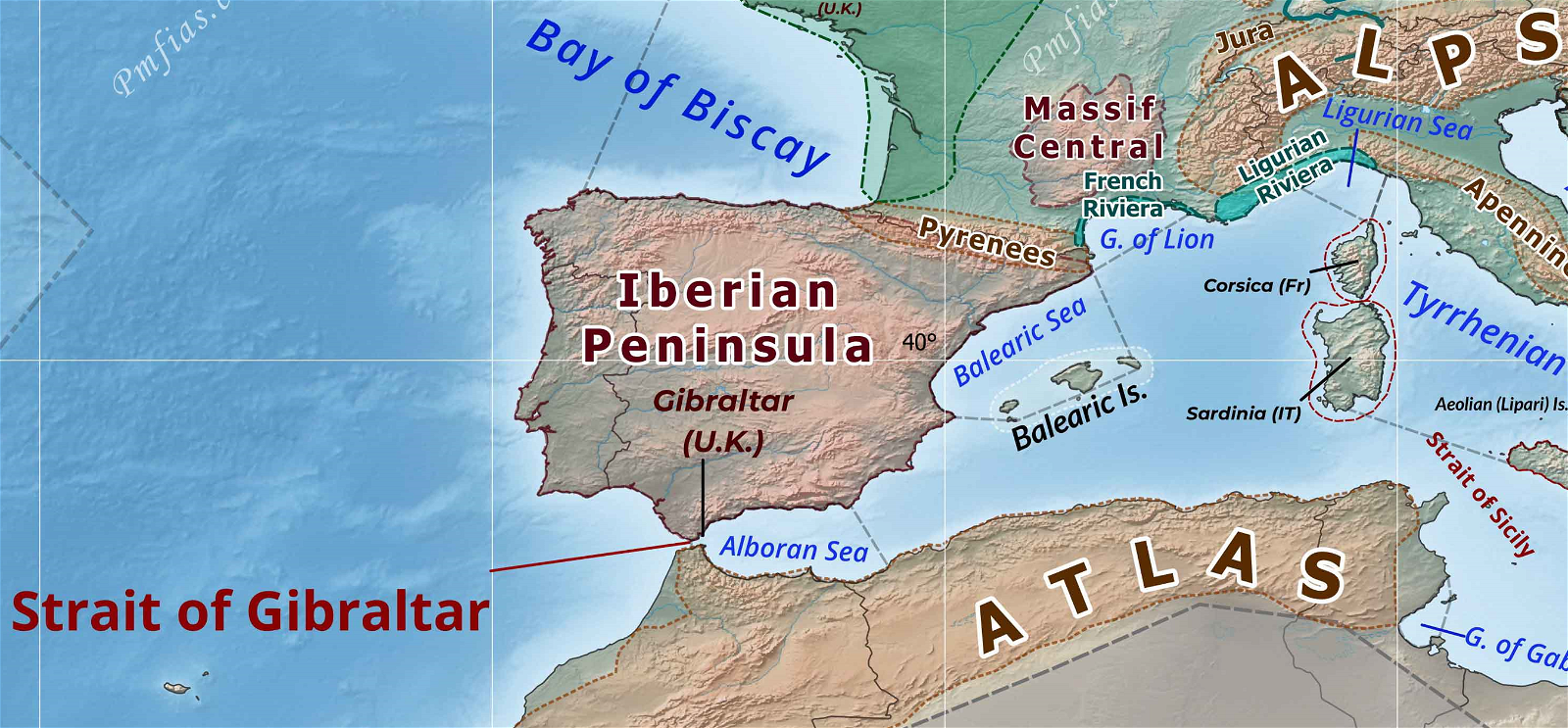
- Context (DTE): Iberian wolf has gone extinct in certain parts of Spain.
- The Iberian wolf is a subspecies of the grey wolf (Canis lupus).
- Distribution: It is native to the Iberian Peninsula, which includes Spain and Portugal.
- Conservation Status: Vulnerable (status of Gray Wolf: Least Concern)
{Prelims – World PIN – NA – 2023/08/04} 49th Parallel
- Context (DTE): A wildfire named Eagle Bluff that started in the US has just crossed the 49th Parallel into Canada. The 49th Parallel is the boundary between USA and Canada.
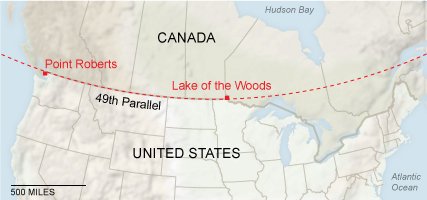




![PMF IAS Environment for UPSC 2022-23 [paperback] PMF IAS [Nov 30, 2021]…](https://pmfias.b-cdn.net/wp-content/uploads/2024/04/pmfiasenvironmentforupsc2022-23paperbackpmfiasnov302021.jpg)
